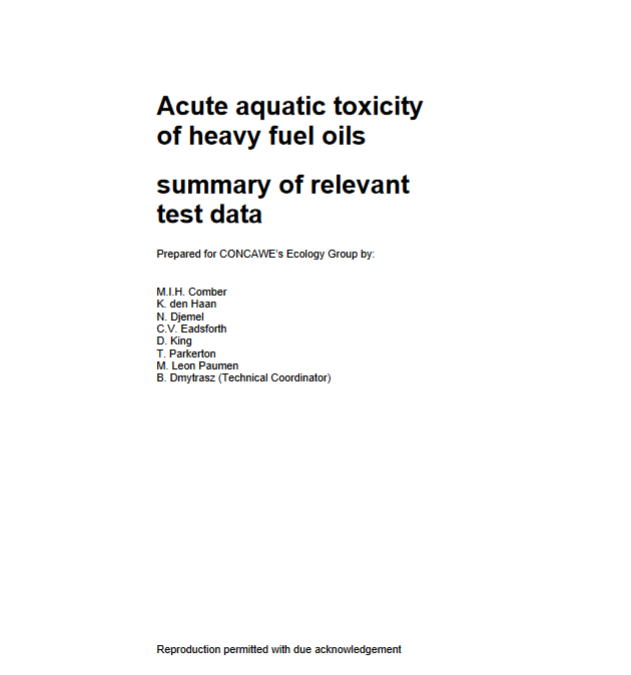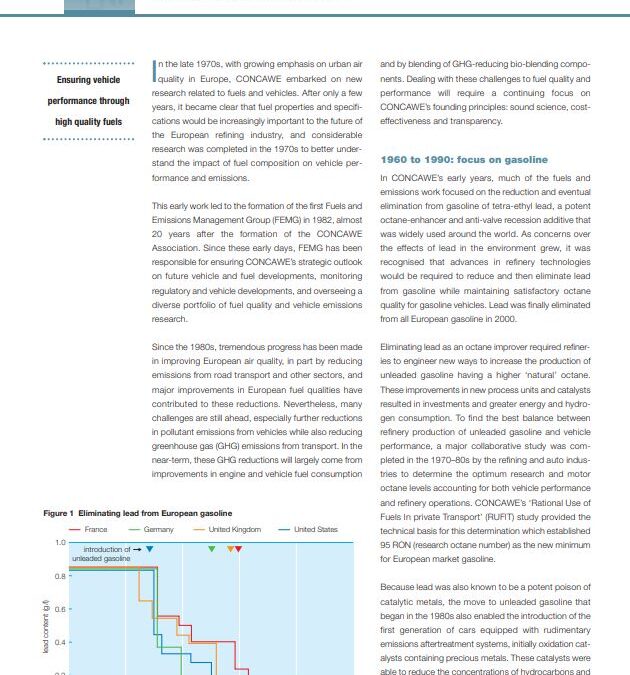

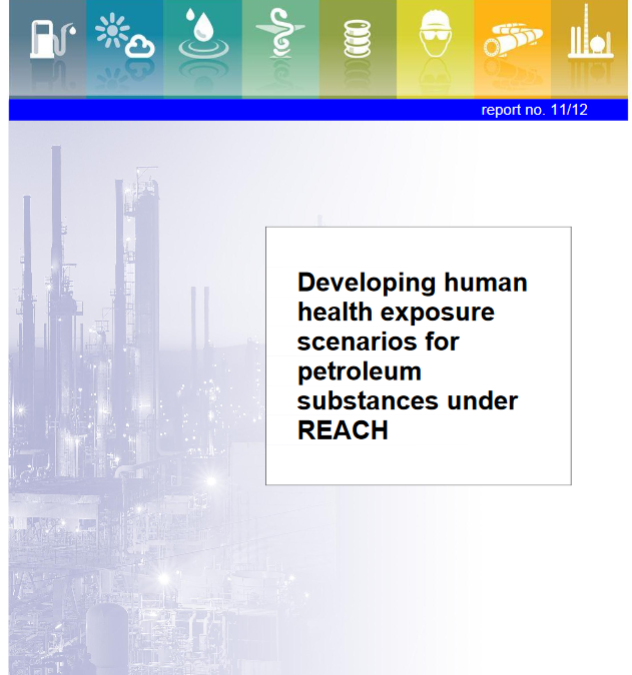
Developing human health exposure scenarios for petroleum substances under REACH
Report no. 11/12: This report describes the approaches that were adopted by CONCAWE to prepare the human exposure estimates in the chemical safety assessments of the REACH registration dossiers for petroleum substances based on all applicable regulatory guidance....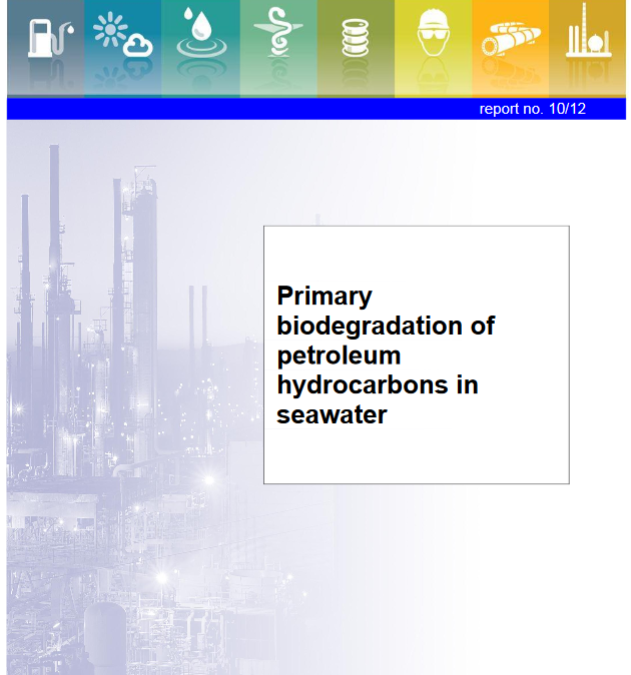
Primary biodegradation of petroleum hydrocarbons in seawater
Report no. 10/12: This report describes primary biodegradation experiments performed to determine the persistence of higher molecular weight petroleum hydrocarbons in seawater. Results from the biodegradation experiments show that the majority of tested petroleum...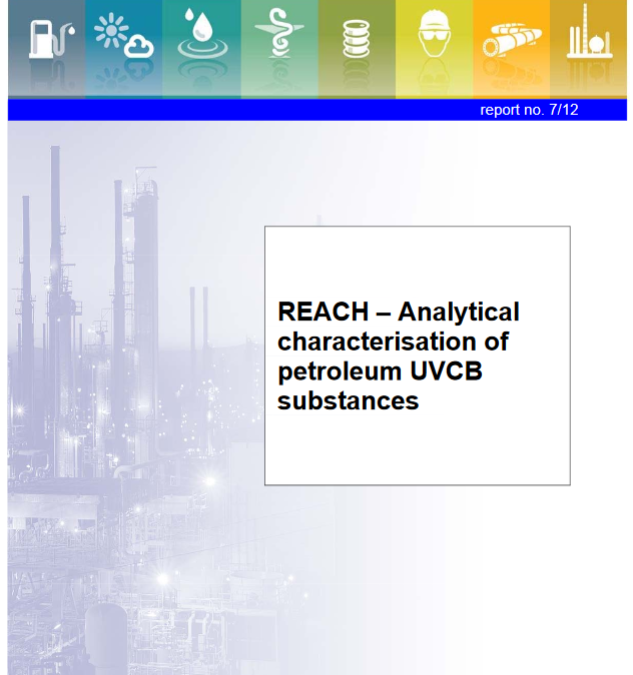
REACH – Analytical characterisation of petroleum UVCB substances
Report no. 7/12: The purpose of this report is to summarise the findings of the scientific and technical work undertaken by CONCAWE to assess the feasibility and potential benefit of characterising petroleum UVCB1 substances beyond the recommendations issued by...